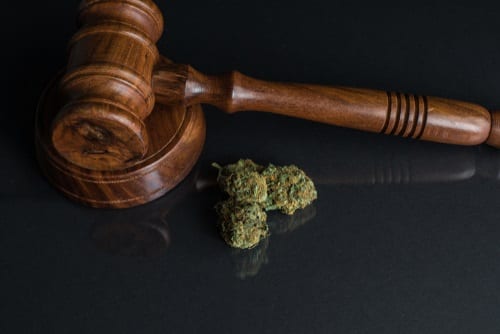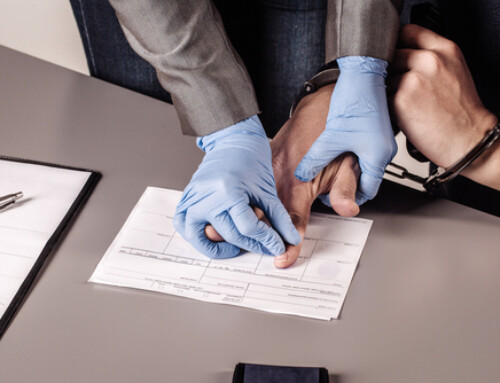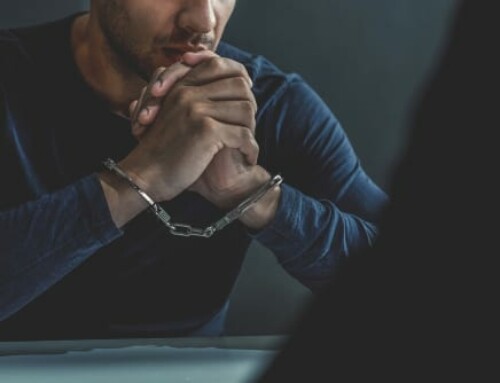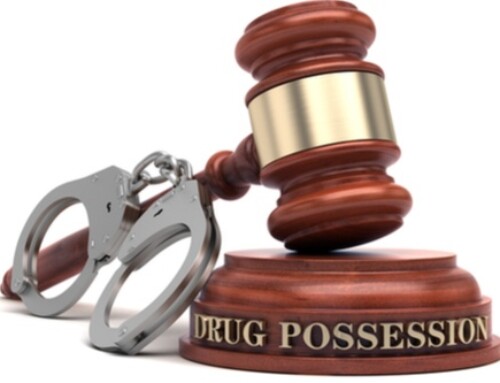Unfortunately, South Carolina has not yet followed the lead of other states in legalizing marijuana. In South Carolina, marijuana remains illegal for both medicinal and recreational use, and most marijuana crimes are felony offenses.
If you have been charged with marijuana possession in South Carolina, you need to speak with a criminal defense lawyer promptly. The consequences of a conviction can be severe, but these consequences can often be avoided with the help of experienced legal representation.
7 Potential Defenses to Marijuana Possession Charges in South Carolina
As with all crimes, there are many potential defenses to marijuana possession charges in South Carolina. However, there are some particular aspects of South Carolina’s current marijuana and hemp laws that present unique defense opportunities for individuals charged with marijuana possession.
Understanding that the defenses available depend heavily on the facts and circumstances involved in each individual case, here are seven potential defenses to marijuana possession charges in South Carolina:
1. What You Had in Your Possession Wasn’t Marijuana
Hemp is visually indistinguishable from marijuana, and chemical testing is required to distinguish CBD from THC. Additionally, hemp and hemp-derived products (including CBD products) are currently legal in South Carolina. If you were charged with marijuana possession, can prosecutors prove that what you had in your possession was marijuana or cannabis-derived CBD—instead of hemp buds or CBD oil derived from hemp?
Remember, in criminal cases, you do not have to prove that you are innocent. You just have to keep the prosecutor’s office from proving that you are guilty. If you can successfully challenge the prosecution’s evidence that you had marijuana (in other words, if you can raise questions that prevent the prosecution from conclusively establishing that what you had in your possession marijuana, not hemp), then you are entitled to walk free.
2. The Marijuana Wasn’t Yours
In order to obtain a conviction for marijuana possession, prosecutors must be able to prove that you had the requisite “criminal intent.” If someone planted drugs on you or left them in your home or car, this does not make you a criminal.
Once again, you don’t necessarily need to prove that the marijuana wasn’t yours—you just need to keep the prosecutor’s office from proving that it was yours. However, there will be a presumption that you owned what was in your possession (or, at the very least, that you knew you had it), so your attorney will need to be able to argue convincingly that you had no idea the marijuana was there.
3. You Thought You Purchased Legal Hemp or a Legal CBD Product
In South Carolina, there is a defense called, “mistake of fact.” If you thought you were legally purchasing hemp or a hemp-derived CBD product, this may provide a defense if it turns out that what you bought was an illegal cannabis-based product that contained THC. In this scenario, it may also be possible to argue that you lacked the “criminal intent” required to be guilty of a crime.
4. You Didn’t Have Intent to Distribute
In South Carolina, possessing more than one ounce (about 28 grams) of marijuana is considered prima facie evidence of intent to sell. Possession with intent to sell is a felony with penalties that start at five years in prison and a $5,000 fine. In contrast, a first-time charge for “simple” possession carries a maximum of 30 days in jail (which you may be able to avoid) and a fine of $200.
If you were arrested with more than an ounce of marijuana in your possession and it isn’t feasible for you to avoid sentencing entirely, you may be able to reduce your sentence by arguing that you did not have intent to sell. Of course, the prosecutor’s office will argue otherwise, so you will need an experienced defense attorney to make this argument on your behalf.
5. The Police Conducted an Unlawful Search or Seizure
Let’s say the police arrested you with an ounce, and there is no question that it was yours. Is it time to accept your fate and enter a guilty plea in court?
No. Even if the police caught you “red-handed,” you may still have defenses available. While the facts leading up to your arrest matter, the facts during and after your arrest matter, too. If the arresting officer conducted an unlawful search or seizure, then the prosecution might not be able to use its evidence against you. By filing a motion to suppress, your attorney may be able to have the illegally-obtained evidence kept out of your case, and this could be enough to prevent the prosecution from proving your guilt beyond a reasonable doubt.
6. The Police Violated Your Miranda Rights
In addition to unlawful searches and seizures, violations of suspects’ Miranda rights can support motions to suppress that can keep key evidence out of the eyes of the jury. Once the police take you into custody, they cannot interrogate you unless and until they read your Miranda rights. If you gave a confession (or said anything else that the prosecution can use to build its case against you) in custody without being read your rights, your statements may be inadmissible in court.
7. Entry into a Pre-Trial Intervention Program
Another option for many individuals who are facing first-time marijuana possession charges in South Carolina is to seek entry into a pre-trial intervention program (PTI). With PTI, you will be granted what is known as a “conditional discharge.” You will be placed on probation, and you will need to comply with various conditions during your probationary period. But, if you fully comply with the terms of your probation, your marijuana possession charge will be expunged when your probationary period expires.
Discuss Your Case with North Charleston, SC Criminal Defense Attorney Rad Deaton
If you are facing a marijuana possession charge in the North Charleston area, we encourage you to contact us promptly for a free initial consultation. To speak with criminal defense attorney Rad Deaton in confidence, call 843-225-5723 or request an appointment online now.






